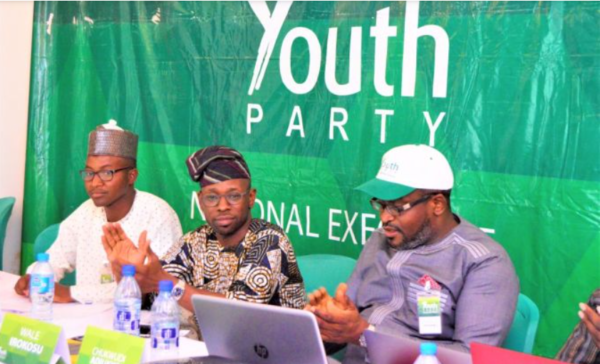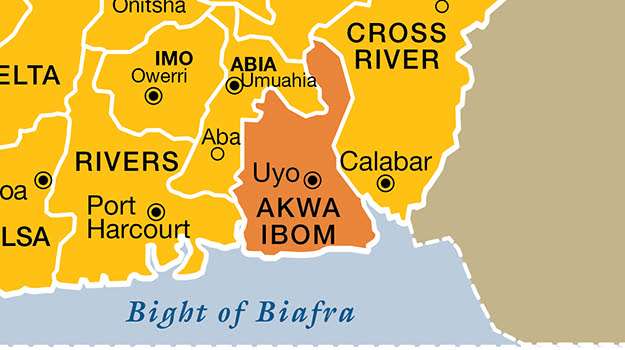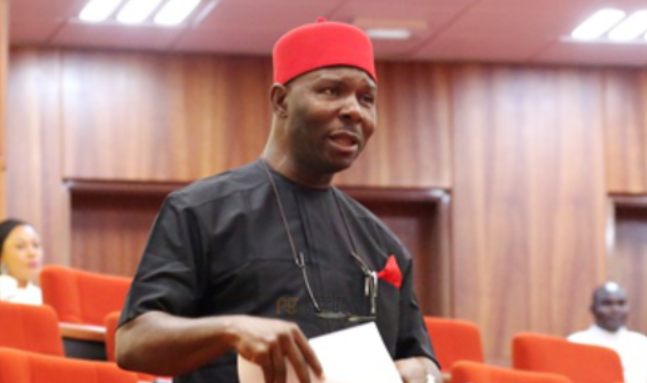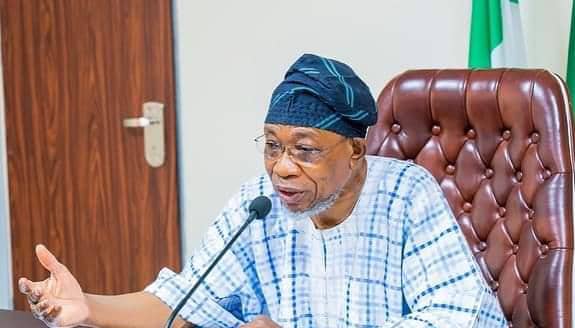BY AYODELE ADIO
In his seminal work “How Democracies Die”, Steven Levitsky pointed to an interesting but telling fact, which is that “democracies may die at the hands of not generals but of elected leaders who subvert the very process that brought them into power”. He further argued that the “tragic paradox of the electoral route to authoritarianism is that democracy’s assassins use the very institutions of democracy – gradually, subtly and even legally – to kill it”. In Nigeria’s case, it is the electoral umpire, led by Professor Mahmood Yakubu, whose actions (and inaction) are troubling the very foundation of our democratic system.
Although the Independent National Electoral Commission (INEC) is an independent body backed by the constitution to conduct elections and regulate our political system, its operations, and its leadership are governed by laws. Therefore, the commission or its leadership cannot act in a manner that either contravenes the Electoral Act or contradicts the constitution of the Federal Republic of Nigeria. Over the last few months, INEC has consistently signalled to the Nigerian people that only 18 political parties are legible (or will be allowed) to participate in the 2023 elections. What that presupposes is that there are only 18 political parties in Nigeria today that are duly registered.
Whereas, this couldn’t be much further from the truth. On October 12, 2020, a federal high court restrained INEC from excluding the Youth Party from participating in any election across the country. It declared INEC’s attempt to deregister the party as illegal, null and void. The dictum of Honourable Justice I.E. Ekwo of the federal high court in his judgment in Suit No.FHC/ABJ/CS/10/2020 between Youth Party v INEC is worth pondering over:
Advertisement
“The Defendant is not above the law. No person or parties to an action is allowed to resort to self-help when an action is pending in court. The claim that the defendant has power pursuant to S,225A(b) & (c) of the 1999 Constitution (as amended) to de-register a political party does not justify the action of the Defendant while this action is pending. The defendant must understand that the constitution is not an author of confusion. I condemn the action of the defendant as a wrong exercise of might. Therefore, the de-registration of the plaintiff during the pendency of this action by the defendant is illegal, null and void, and liable to be set aside. Consequently, I hereby make an order setting aside the de-registration of the plaintiff.”
Furthermore, on May 11, 2021, the court of appeal in a unanimous judgment delivered by Hon. Justice T.Y. Hassan dismissed the appeal of INEC and upheld the decision of the lower court. The honourable court in its judgment reaffirmed that the purported deregistration of the Youth Party is illegal, null and void. The court of appeal in its judgement in appeal No. CA/ABJ/CV/980/2020 Between INEC v Youth Party was equally unhappy with INEC in its unanimous judgment delivered by Honourable Justice T.Y. Hassan, J.C.A., when it held that:
“This court will not hesitate to sustain the decision of the lower court which pulled down and dismantled the edifice that the appellant built on self-help when it deregistered the respondent not only during the pendency of the suit but when it had been served with and had reacted to the motion for interlocutory injunction seeking to restrain the appellant from the very act it helped itself to actualize extra judicially. To say the least, we find the appellant’s action very reprehensible, the lower court as any court of law would have done, acted correctly by setting aside the deregistration of the respondent. We have no reason to interfere with the order made by the lower court and same be sustained.”
Advertisement
Even worse is that INEC itself admitted this much in a notice of appeal to the supreme court where in its particulars of the misdirection, it noted that “the learned lower court of appeal fell into misdirection when they sustained the injunctive order granted by the trial court against the appellant and upheld the nullification and setting aside of the deregistration of the respondent”. If INEC admits that the court indeed set aside its purported deregistration, why is INEC blatantly refusing to obey the decision? Secondly, can a declarative court of appeal judgement be stayed? Or is Yakub Mahmood simply above the law?
That INEC continues to demonstrate complete disregard for the rule of law and judicial decisions is a deep fracture in our nascent democracy with grave consequences for the 2023 elections. This is because if a duly registered political party is deliberately excluded from participating in the general election, the court/tribunal is bound to nullify the election given the judicial precedent set in the case of ANDP v INEC 2020. Hence, Professor Mahmood Yakub may be attempting to kill the democratic institution he was appointed to safeguard to appease his oversized ego. We must all place a demand on the chairman of INEC to either respect the rule of law or respectfully vacate office as his position can no longer be tenable after violating the constitution and rule of law.
Ayodele Adio is the national publicity secretary of Youth Party
Advertisement
Views expressed by contributors are strictly personal and not of TheCable.






